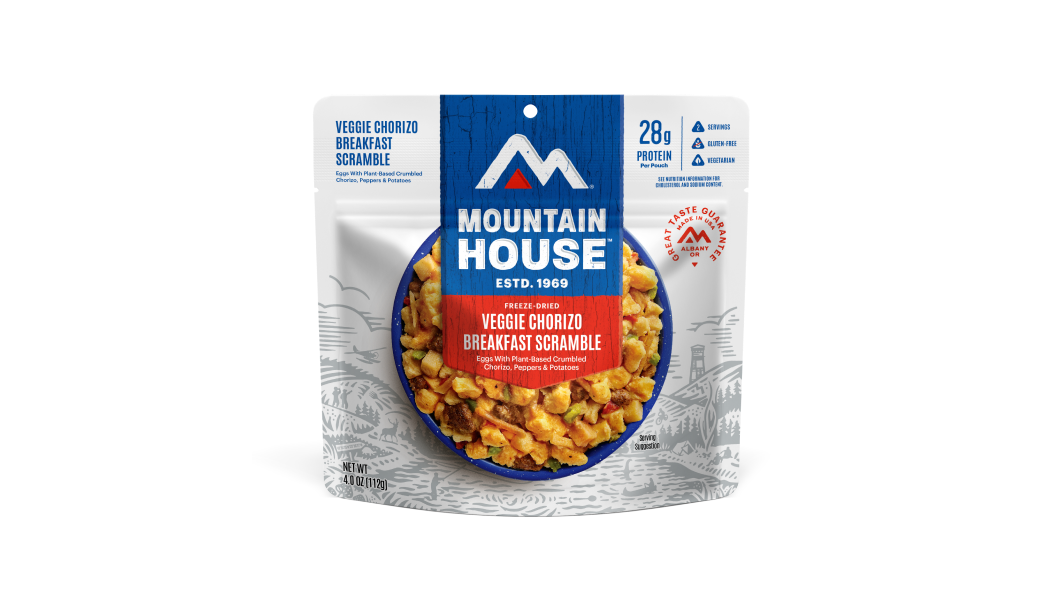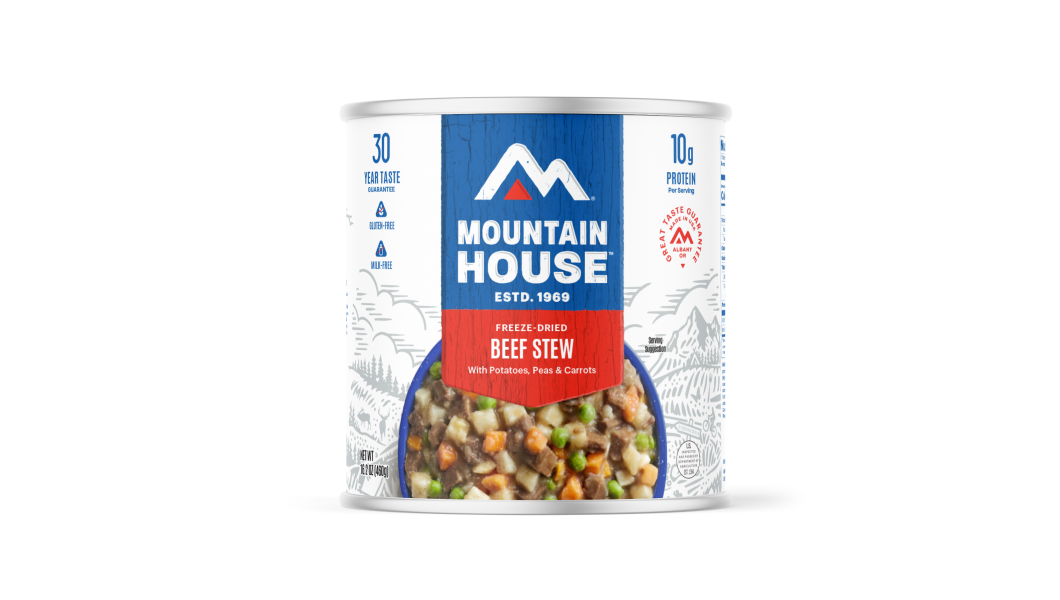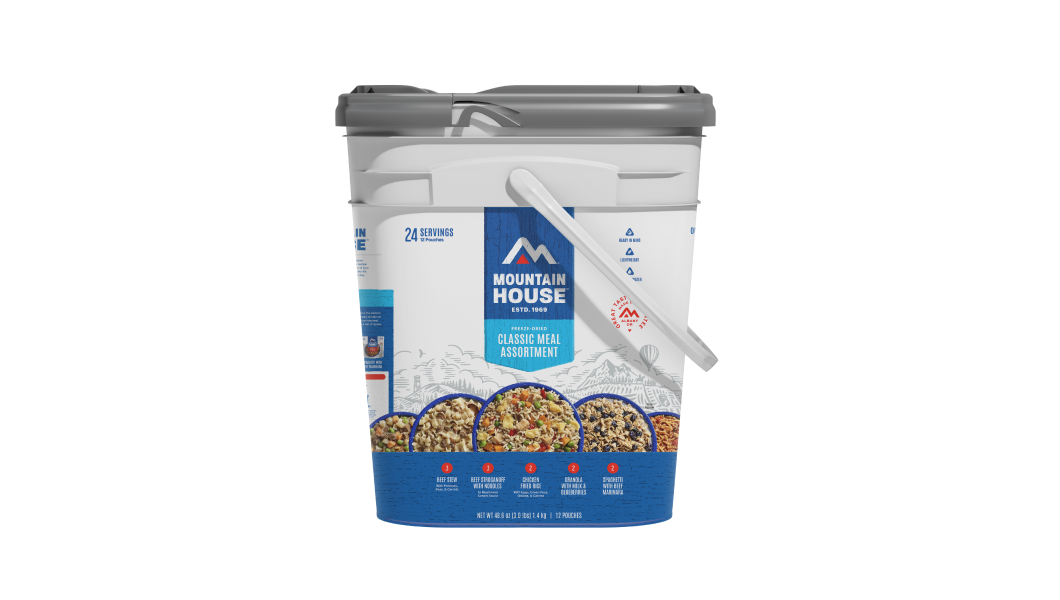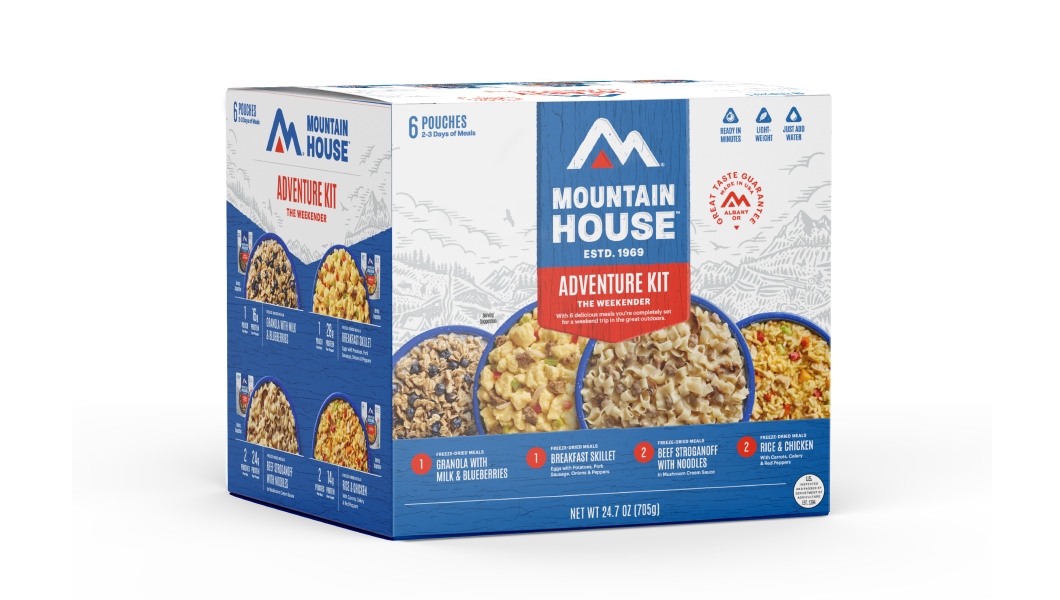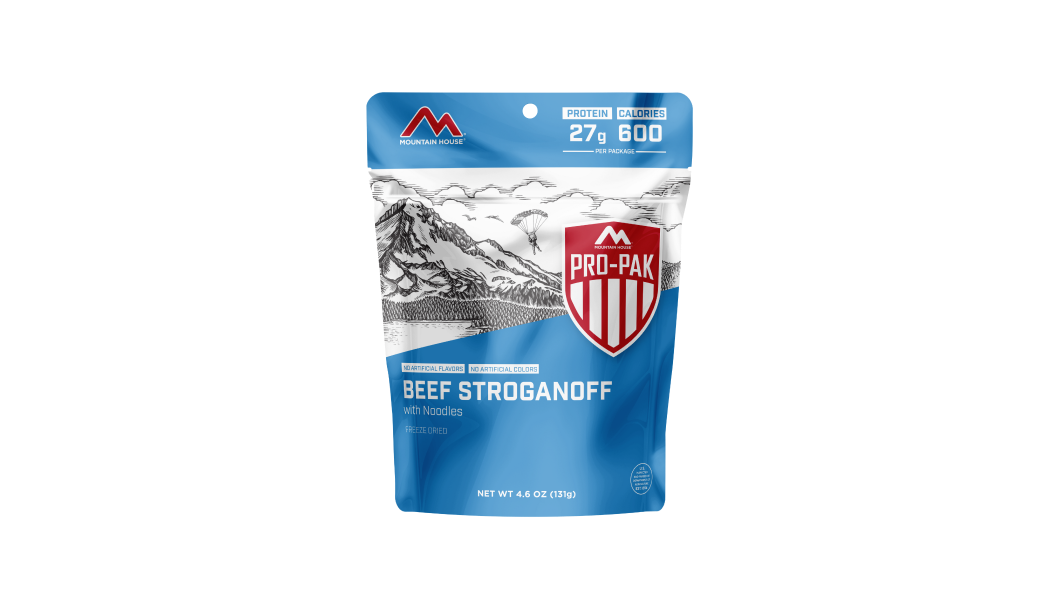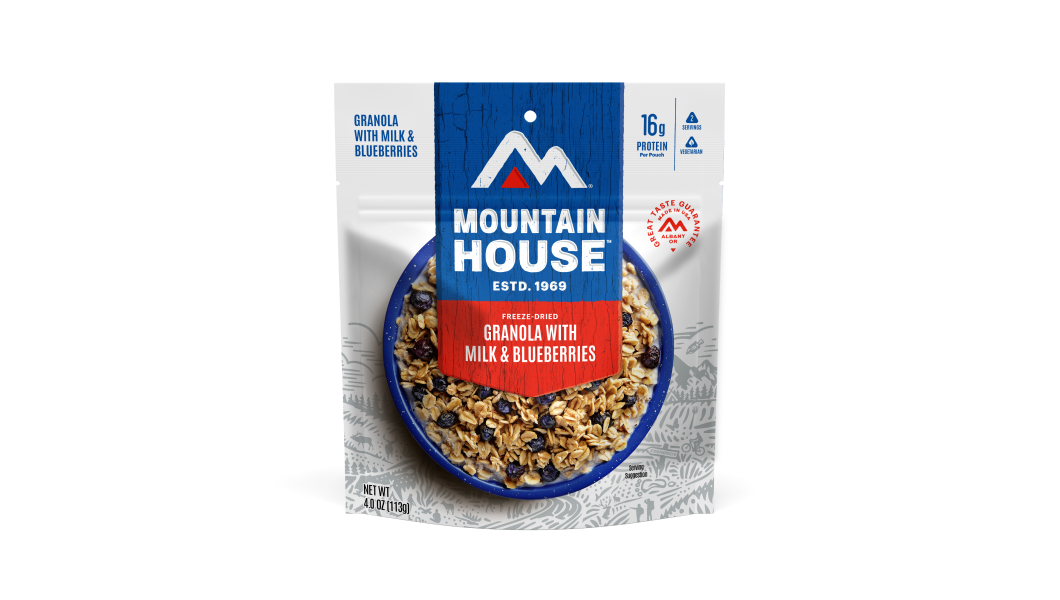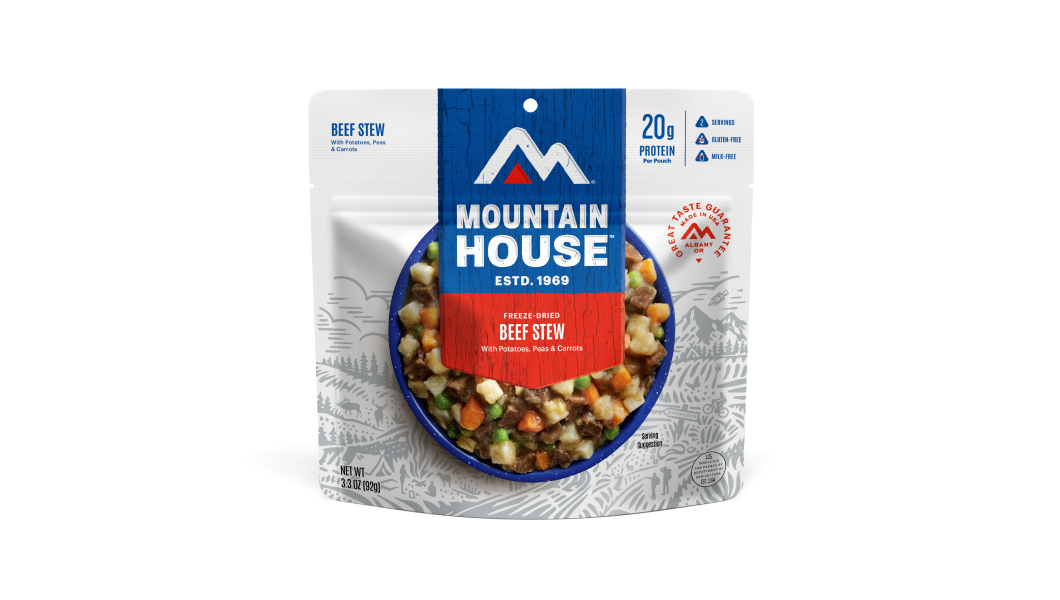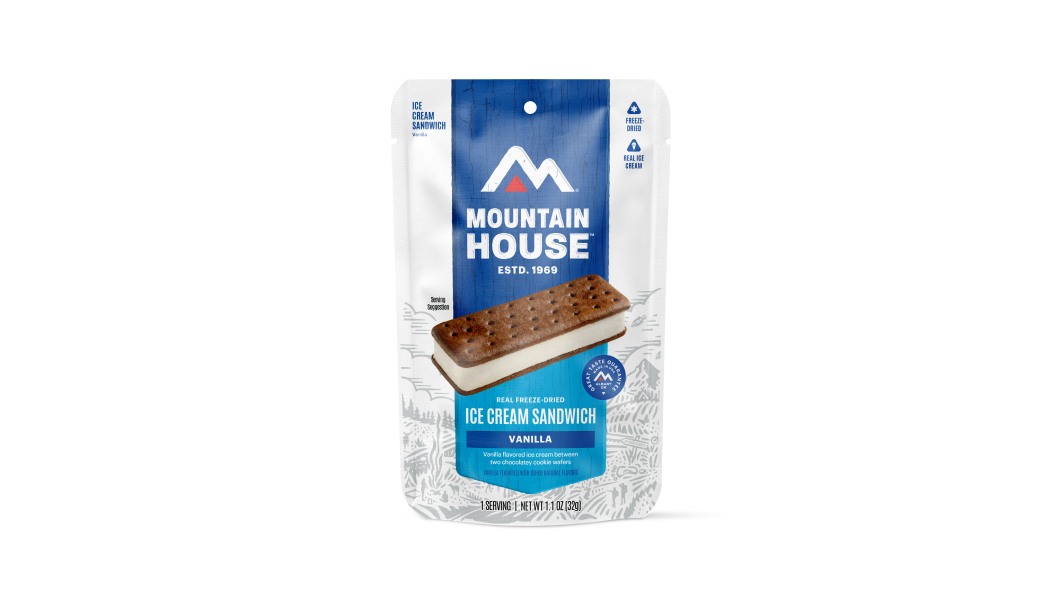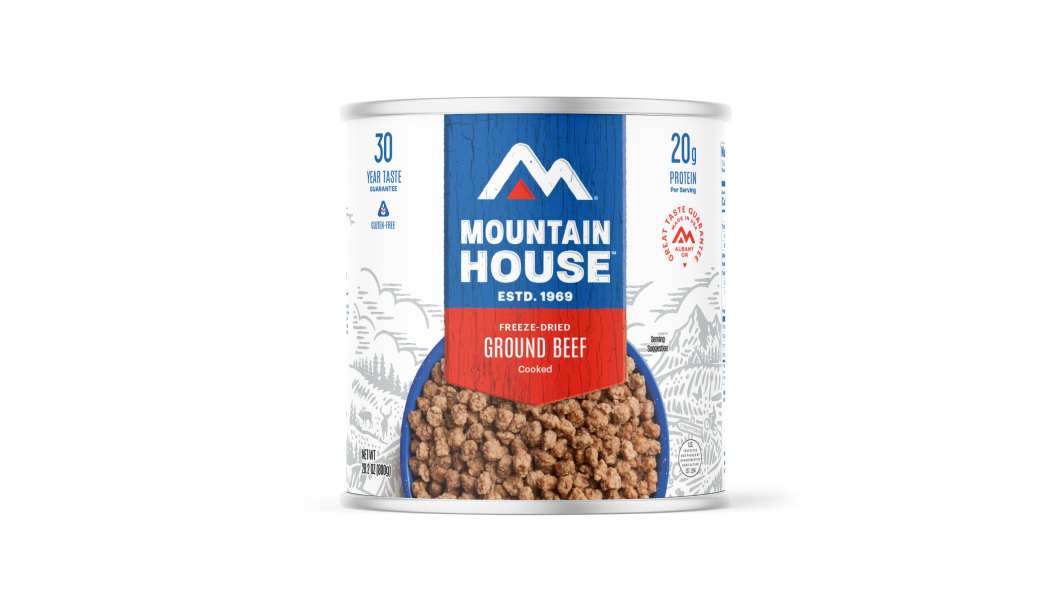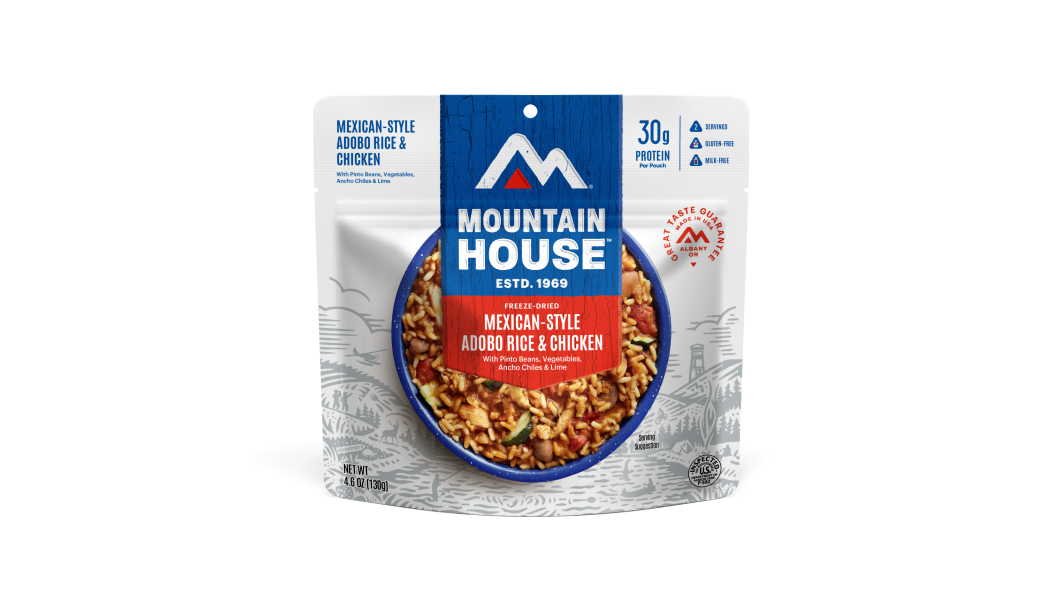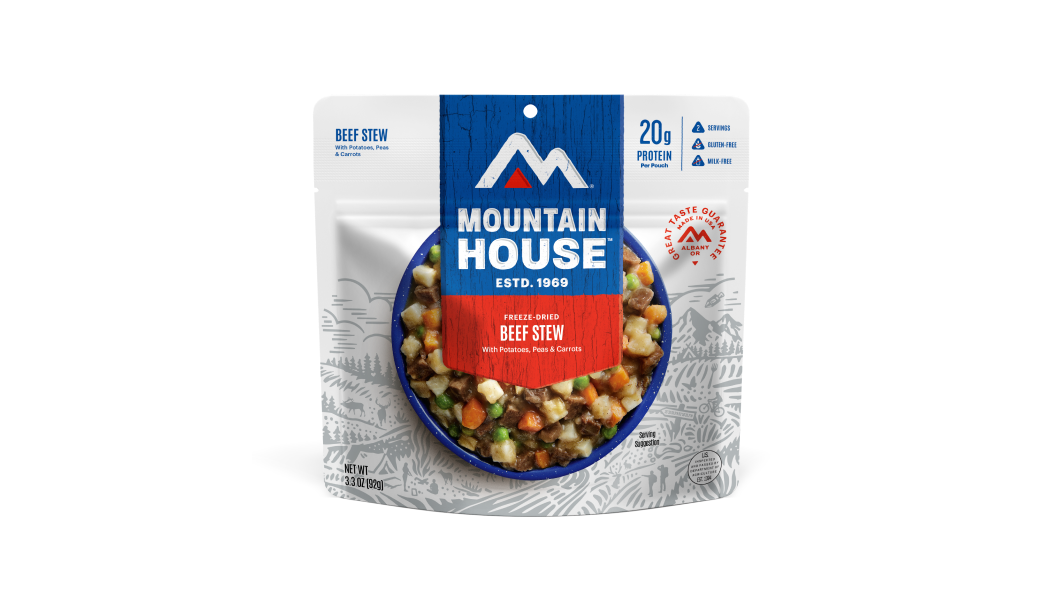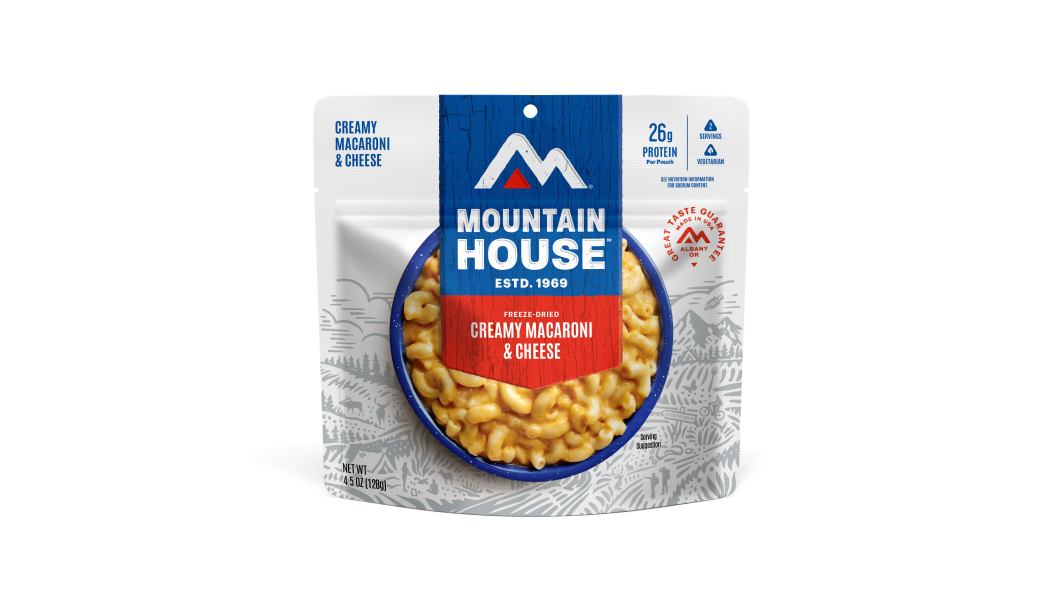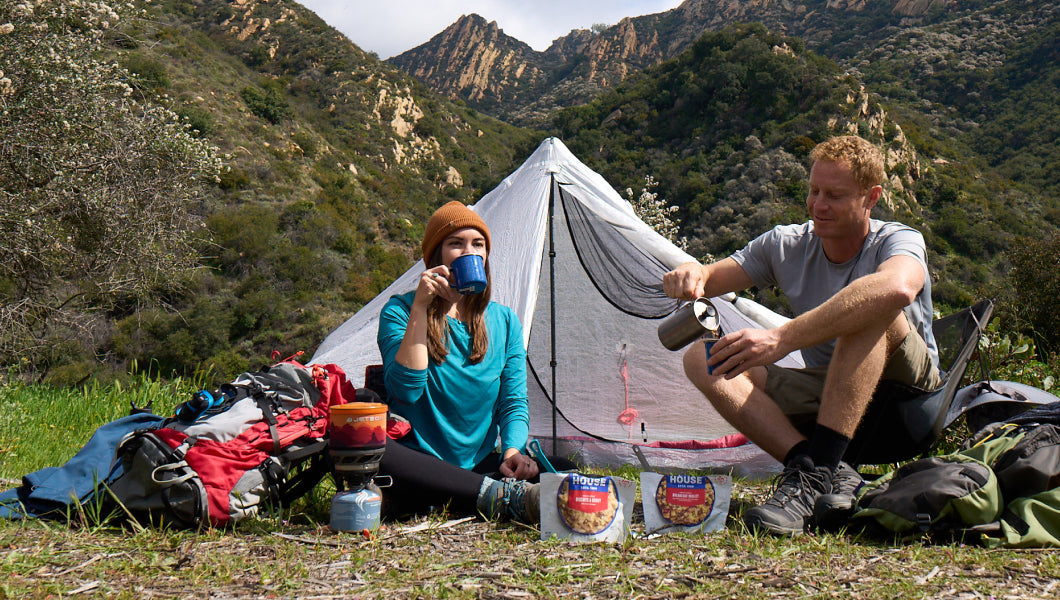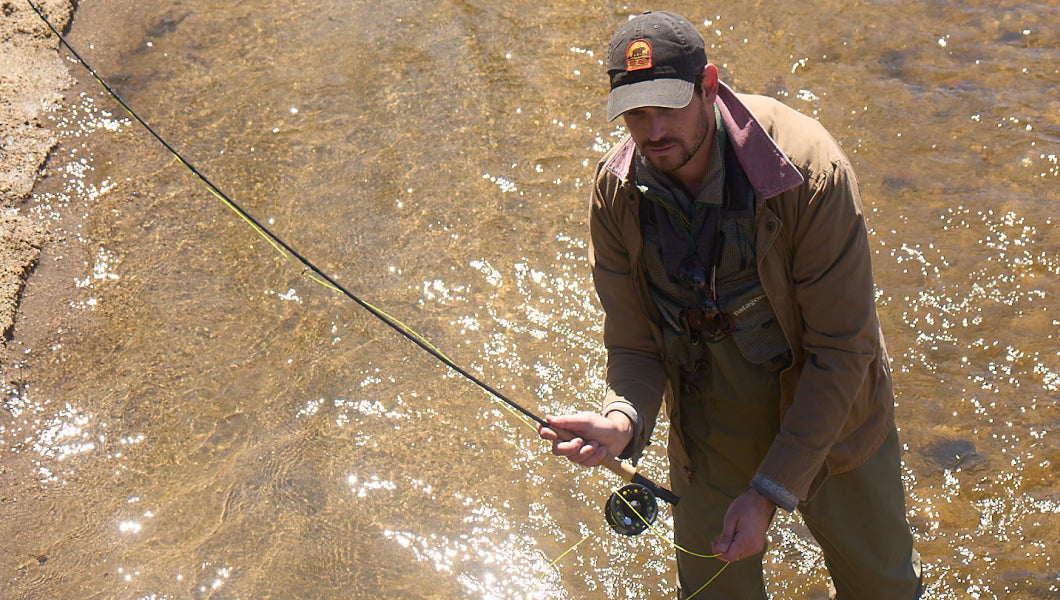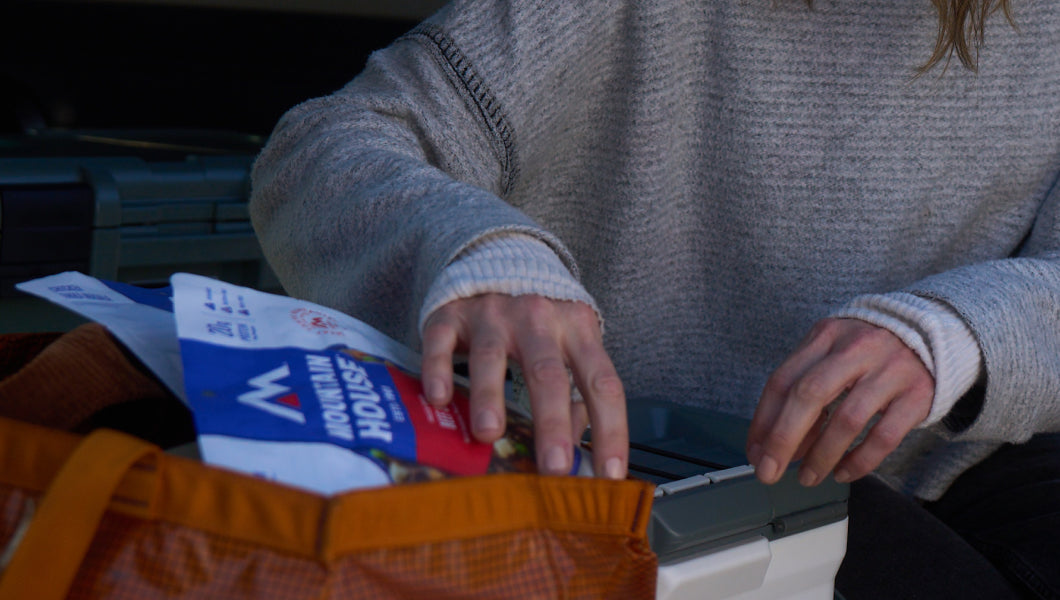Inspired for an Adventure? Check out Beef Stroganoff - Pouch and Beef Stew - Pouch
Free Ground Shipping On All Orders
Over 2,100 Reviews
Add description, images, menus and links to your mega menu
A column with no settings can be used as a spacer
Link to your collections, sales and even external links
Add up to five columns
Add description, images, menus and links to your mega menu
A column with no settings can be used as a spacer
Link to your collections, sales and even external links
Add up to five columns
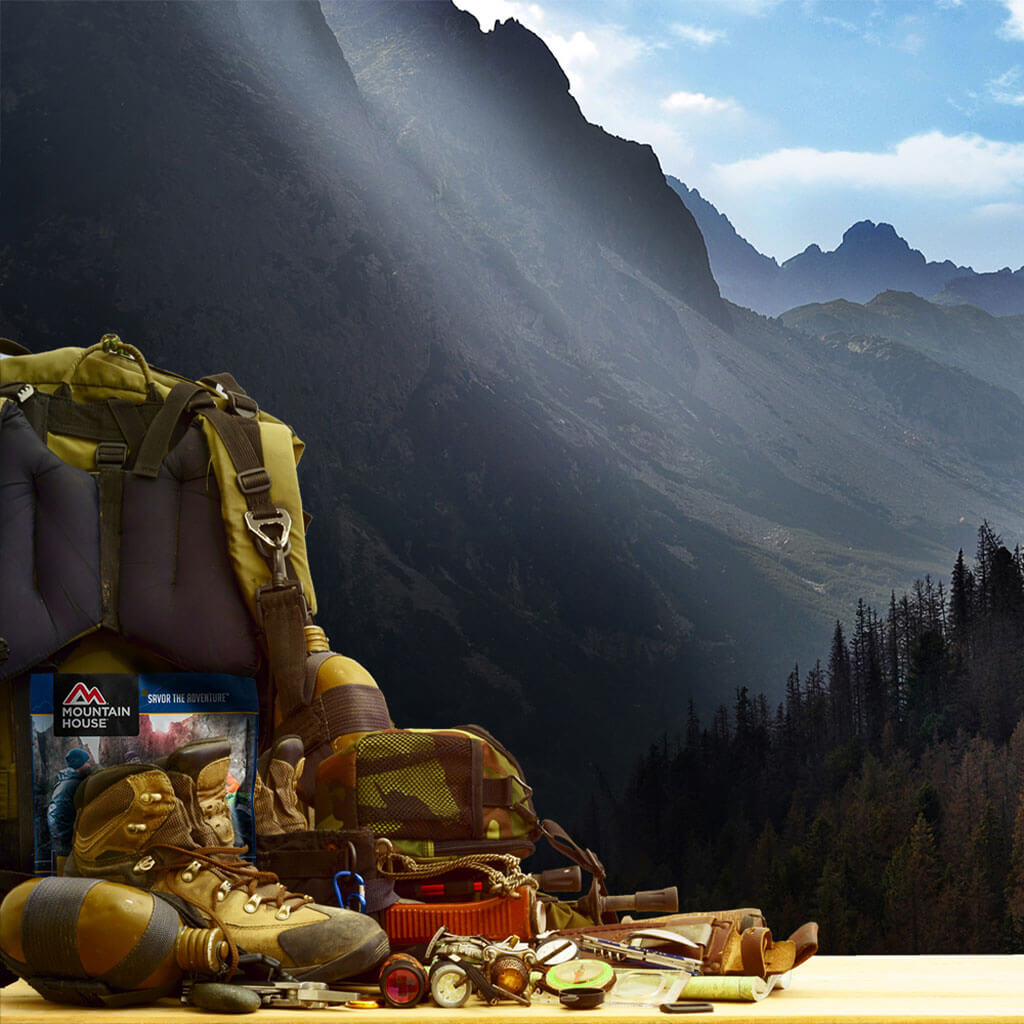
20 Expert Survival and Preparedness Tips
Our greater Mountain House community makes one big, wonderful, and diverse family: outdoorspeople, survivalists, and all manner of other people for whom our products make quick and easy meals on busy work nights or handy emergency stashes. And one of the real joys of this Mountain House family is the ability to share knowledge and learn from one another. After all, there’s a lot of communal savvy on tap among Mountain House customers, and everybody has something to offer. Not long ago, we asked our Mountain House Facebook followers whether they considered themselves “survivalists” or “preparedness experts,” and, if so, what number-one survival/prepping tip they’d offer. Well, we received an amazing wealth of responses—including more than a few lighthearted ones, such as Lucas Smith’s tip for bear country: “Bring a friend that runs slower than you.” (Hopefully that didn't come out of personal experience, Lucas...) In a more serious vein, we thought we’d share just a sampling of some of the sound suggestions our respondents offered up. Read on and learn some valuable advice on the art of preparedness from your fellow Mountain House users!
1. Not Just About the “Toys”
Nick Amato urges us to remember that survival supplies are, after all, only objects. Preparation goes beyond such material resources. As he says, “intestinal fortitude, adaptability, and knowledge are the most important tools in your arsenal.”
2. Flaunt Those Firestarters
Doug Morrison reminds paddlers to carry a waterproof safety kit that includes fire starting tools, just in case you take an unplanned dip and need to warm up fast .
3. Backups, Backups, Backups
Survival tools have a way of breaking or disappearing. Robin Mack suggests having some spares on hand.
4. Simple's Often Better
Christopher Cooley fleshes out the above point by noting that excessively elaborate survival tools have more working parts to break when you need them most. He advises choosing the simple over the fancy.
5. Clue Others In
A vital rule-of-thumb for any outdoor recreationist, as Bianca Marie Salazar Holderman notes, is sharing your itinerary details with others: where you’re going and how long you plan to be out. If you run into trouble, searchers will have that much easier of a time tracking you down if somebody back home can point them in the right direction.
6. Put in the Hours
Michael Beck, Nolan James Vineyard, Louise Pillen Gainor, and (woodsman) Mike Kelly all nicely summarize a point more than a few other contributors made, too: All the knowledge and gadgetry in the world won’t do much for you if you haven’t practiced survival skills out in the field—and not just when it’s nice, warm, and sunny, either.
7. Elixir of Life
Jimmy Allen underscores the importance of having freshwater stockpiled (and also, to cover your bases, a means of treating/purifying water). Remember: You can get by without food for weeks, but water's a much more pressing issue. (Not least, as Mr. Allen explains, for cooking up some topnotch Mountain House meals.)
8. Be a Lifelong Student
That’s the sage advice from Mariano Cannone, who stresses the value of always learning from others—and of pushing your limits to build up hardiness and resourcefulness.
9. Stay Humble, Learn to Improvise
Josh Nieten echoes Mariano’s tip when he advises us to check our pride and always be open to learning opportunities in the realm of survival and preparedness. And he rightly underscores the value of improvisation when it comes to surviving: After all, you really never know what the universe is going to throw your way, and as conditions change your actions should, too.
10. The Pitfalls of Overconfidence
On the subject of being humble, Todd Johnson turns our original Facebook question on its head: “Thinking you’re an expert is the first mistake.” A point worth remembering!
11. Get in Shape
Matt LB has some cut-to-the-chase words of wisdom for those of us who maybe have been lately clocking more hours on the couch than the exercise bike or (better yet) the mountain trail. And it’s true: Prepping tools and provisions are vital, but so too is physical conditioning so you can effectively deal with the rigors of a survival scenario.
12. Don’t Forget Foraging
Among the survival items Marie Sites recommends packing in your tool kit are books on wild edible plants and other foraged foods. From cattail pith to berries, there’s a lot you can munch on out in the great outdoors—but given there’s also a lot out there that can sicken or even poison you, solid identification and cooking information is absolutely critical.
13. Cautionary Advice
Justin Tolbert provides a snappy warning worth keeping in mind: “If you fail to prepare, then prepare to fail!”
14. Get Home Safe with a Get-Home Bag
Tristan Mauger praises the value of the get-home bag, which you should keep in both your workplace and your vehicle in the event SHTF conditions arise and you need to navigate home to hunker down.
15. Don’t Panic
Besides highlighting two ultra-important survival tools, Khalil Michal Menzies reminds us that warding off panic is the most important first step when responding to an unfolding emergency.
16. Got Your Papers?
Sometimes we forget to include copies of our birth certificate, Social Security card, and other vital documents among our emergency kit. Take heed of Eileen Oliver’s suggestions!
17. Remember That Boy Scout Motto
Jay Sposato points out that emergencies can happen anywhere and anytime.
18. Layer Up
The layering principle serves hikers, climbers, and other adventurers well, not to mention somebody caught up in a disaster out in the elements. Thanks for the reminder, Colleen Cleary!
19. It Ain’t Over Till It’s Over
A positive attitude and self-belief can work wonders—really—in a survival scenario, as Grant Hudson points out.
20. Keep Your Mountain House at Reach
Andrew Esther, Bruce Townsend, and all the others of you who sang the praises of Mountain House as an emergency food source—well, we can’t say we argue with you!
Thanks to everybody who provided survival/prepping suggestions, and keep 'em coming! And don't forget there's always some productive discussion going down on our Facebook page: You'll almost always learn something in the "Comments" section.
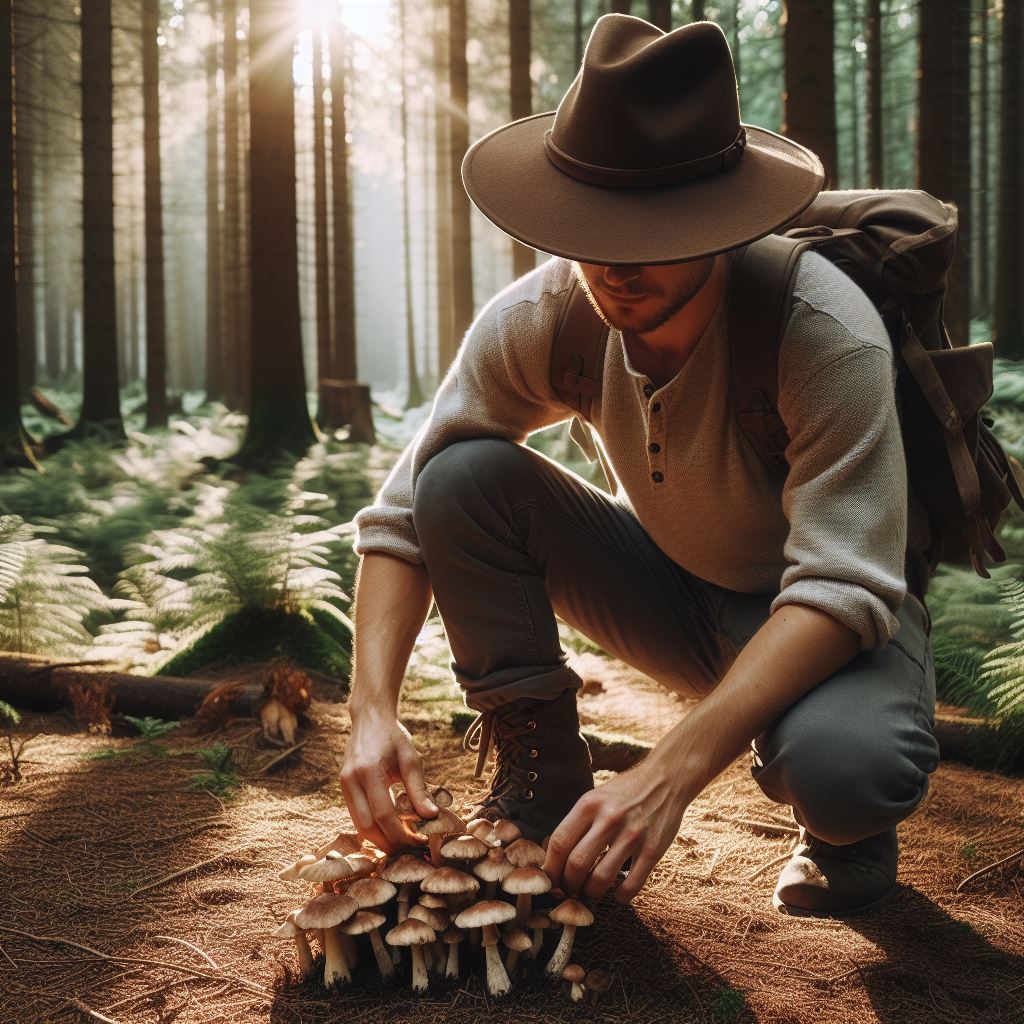
How to Forage for Food in the Wild: A Beginner’s Guide
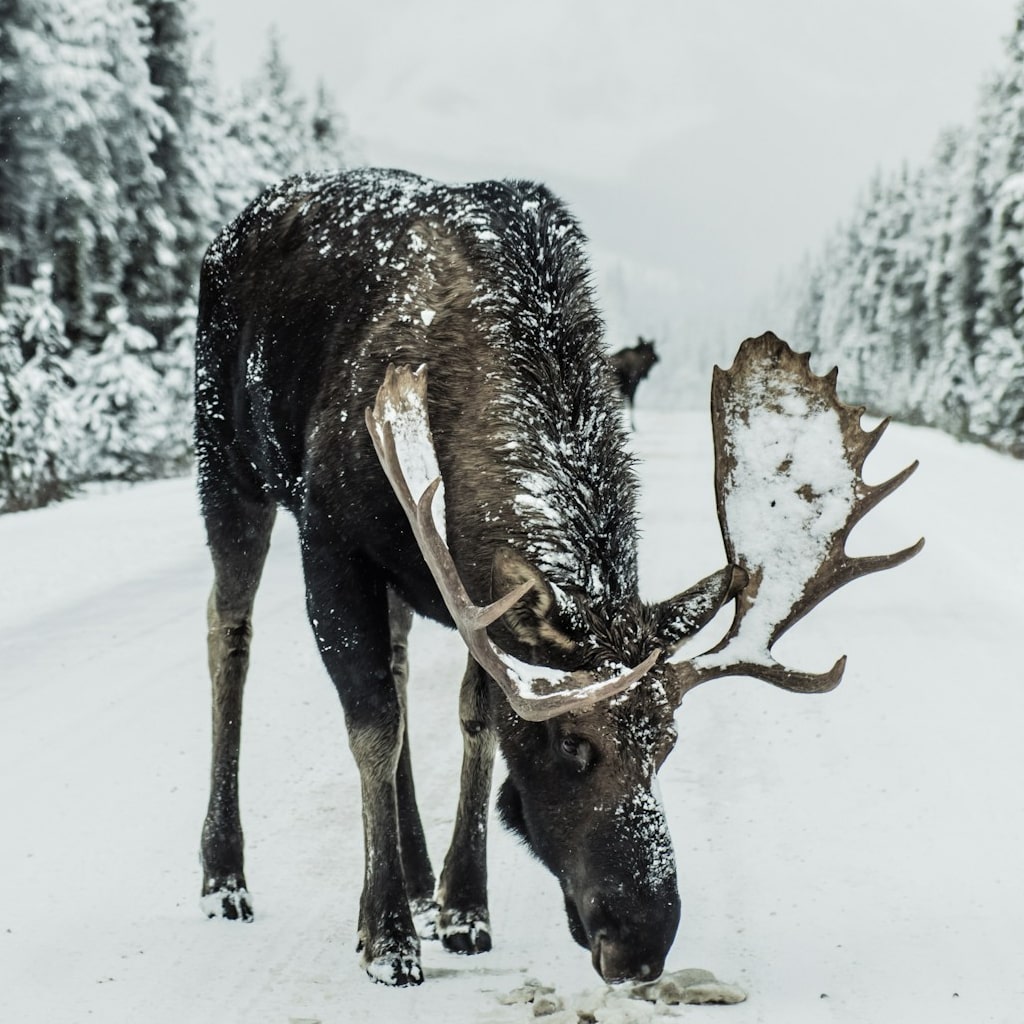
What to Do if You See a Moose & How to Survive an Attack
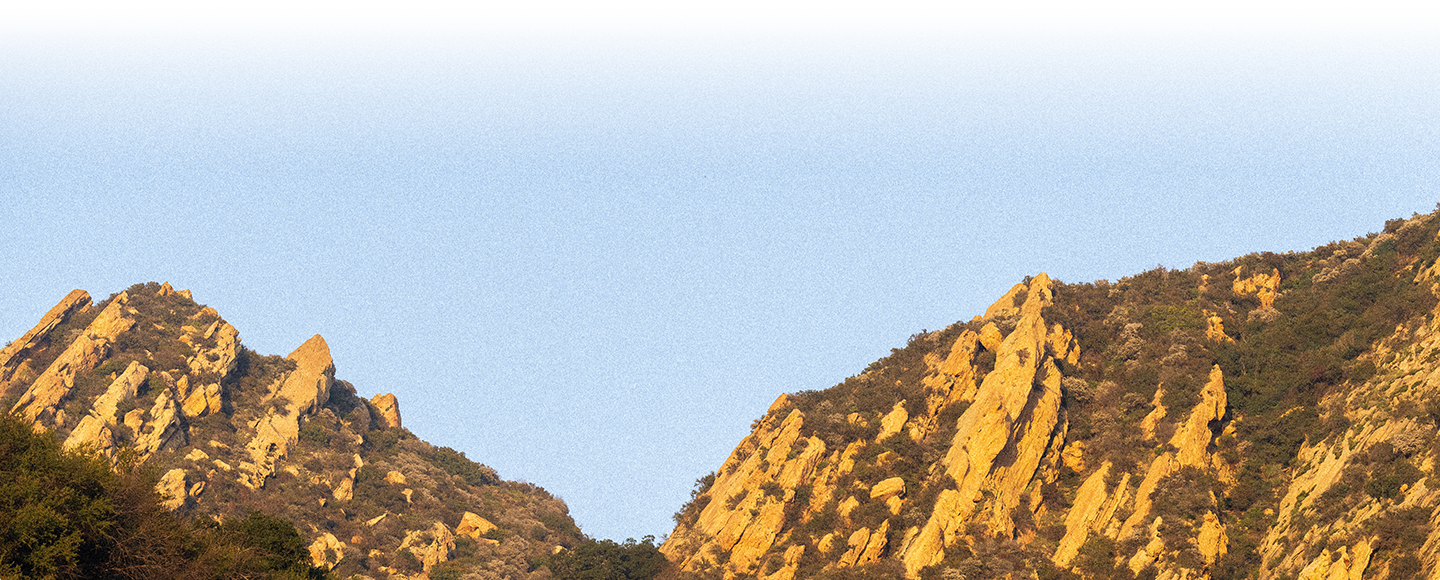

Stay Hungry for Adventure
Sign Up for Delicious Outdoor Meals & Exclusive Offers!


Join the adventure
©2024 Mountain House — All Rights Reserved.
Your Cart is Empty
Continue ShoppingYour Cart
Subtotal
$0.00
EXPRESS PAYMENT METHODS AVAILABLE IN CHECKOUT
Taxes and Shipping Calculated at Checkout
